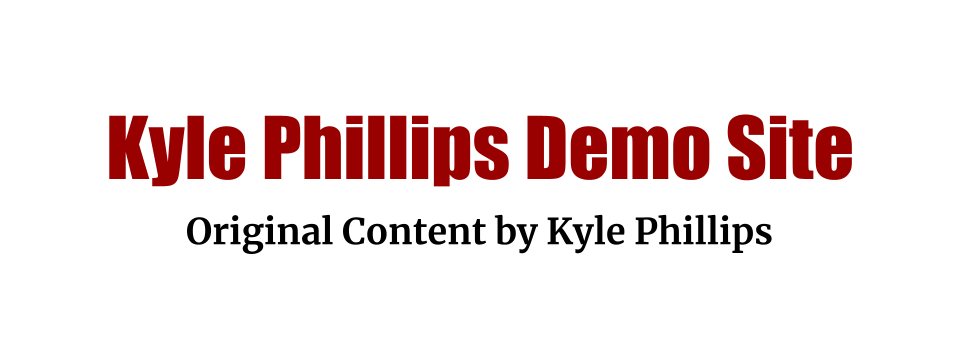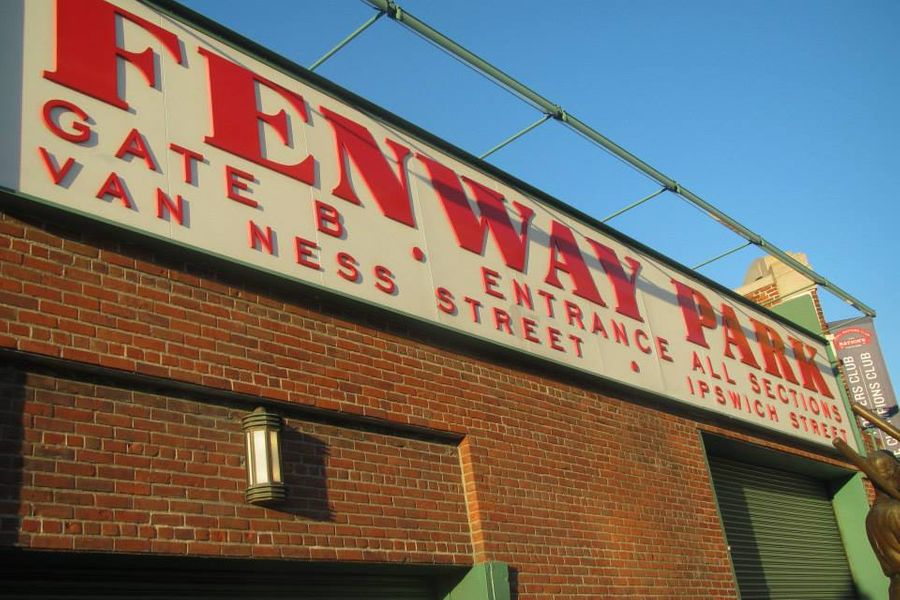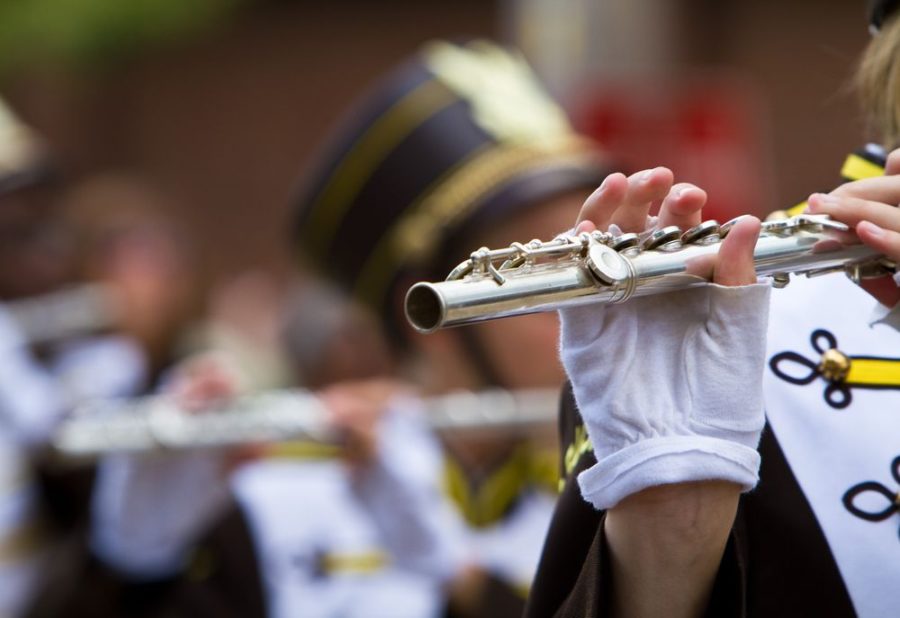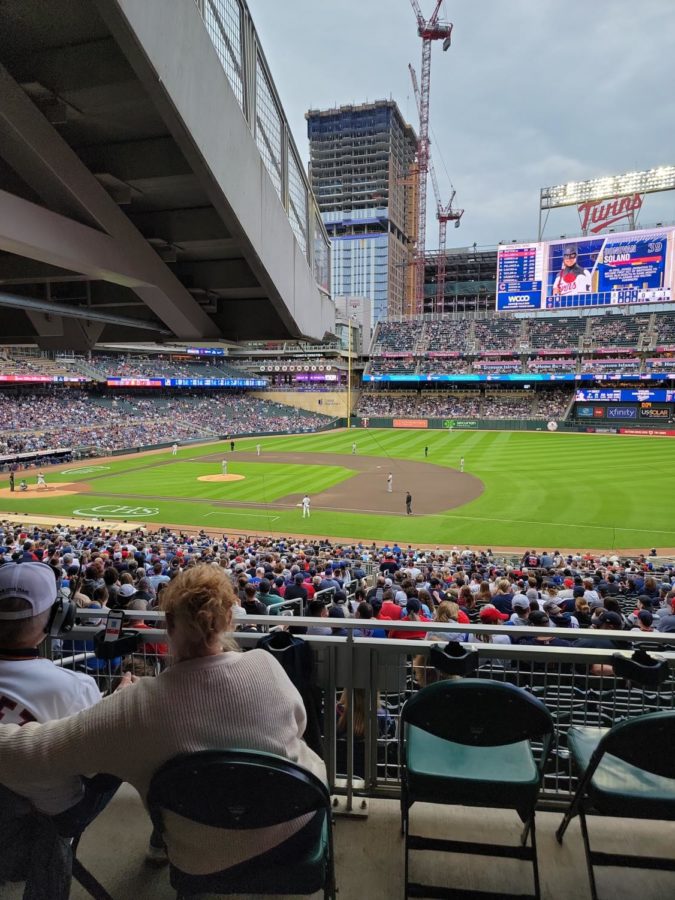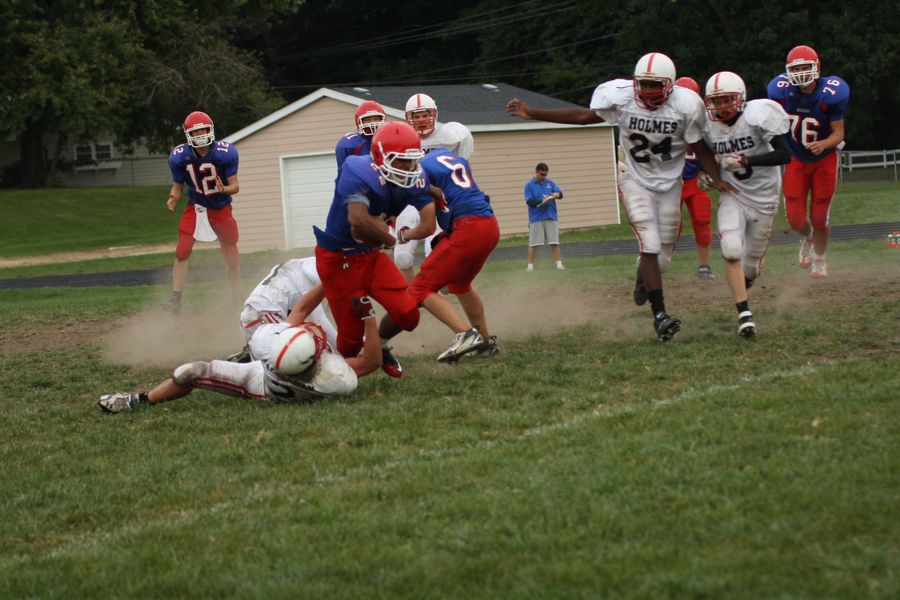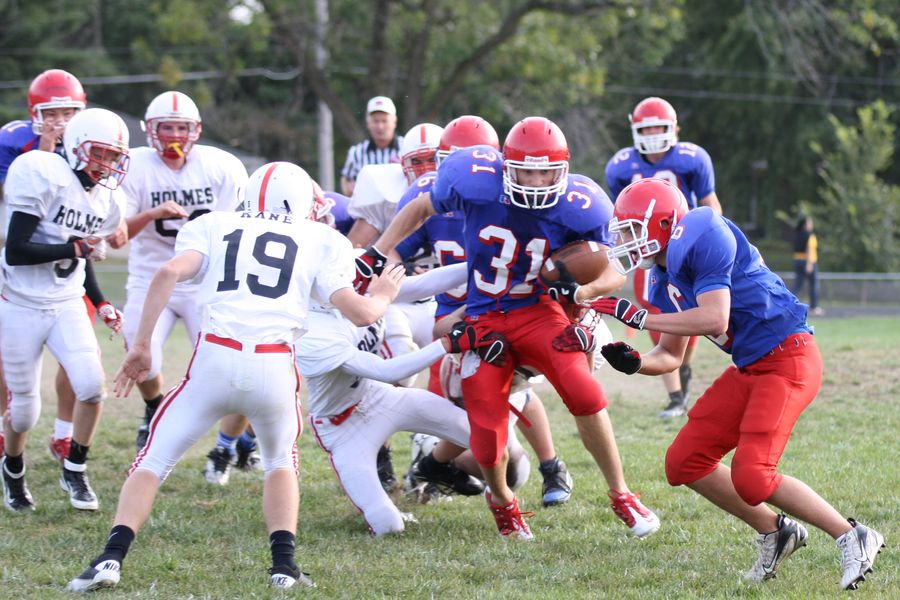This year, the City of Pleasanton won the Helen Putnam Award for Excellence for its commitment to minimizing uniformed police response to non-criminal incidents related to mental health.
“Through that listening session, we heard the need for more mental health support on the street,” said Pleasanton Mayor Karla Brown.
The League of California Cities presents the award annually, “to recognize and promote the outstanding efforts and innovative solutions by city governments.”
Pleasanton launched the Alternative Response to Mental Health program in January 2023. The unit is a part of the Pleasanton Police Department and works closely with Bonita House, a non-profit mental health agency headquartered in Berkeley.
“We saw that the model of having a licensed clinician respond along with law enforcement to people in crisis was working around the country, and we wanted to see if this was going to be a model that would work for Pleasanton,” said Pleasanton Police Captain Kurt Schlehuber.
Where it began
Talks began as early as 2020, in response to the killing of George Floyd by Derek Chauvin, a Minneapolis police officer. Pleasanton’s city council held several community listening sessions, where residents voiced concerns about improper police use.
In response to the sessions, the Pleasanton City Council unanimously approved a task force to reduce police intervention in mental health cases, culminating in forming the Alternative Response Unit (ARU) in 2022. The unit consists of one police sergeant, two officers, and two licensed Bonita House clinicians.
While all police officers receive standard de-escalation and crisis intervention training, the ARU officers are selected for additional instruction to manage the delicate situations that can arise in mental health incidents.
“They go to crisis negotiation school, they also take part in the Bonita House training that is provided to all of their clinicians… then a lot of one-off training with the different types of support groups or service groups that are in the area and in the county,” said Schlehuber.
What is ARU
The ARU works with the police and fire departments, as well as the school district, to identify cases that could indicate a mental health crisis rather than criminal behavior. Then, they can be responded to with minimal agitation.
“With ARU, we’ve removed a uniformed patrol officer, which can sometimes be triggering for an individual – if they’re looking for help, they might not want to see a uniformed police officer. And so we found a lot of success with our non-uniformed officers being able to remove a barrier that might be there for somebody who’s looking for help,” said Captain Schlehuber.
The unit is equipped to deal with anything from stress and anxiety, to attempted suicide, to domestic violence. There’s an especially strong partnership with the school district. This is an attempt to de-escalate conflicts where the presence of a uniformed officer might exacerbate it.
“Traditionally, when a student would reach out to a counselor or was in need, our school resource officers were the only option we really had… But again, it’s that uniformed response and we feel that there’s better outcomes now that our Alternate Response Unit is responding to students in crisis at the schools,” said Schlehuber.
ARU does not just place mental health patients on psychiatric hold and take them to a facility for further evaluation. Instead, the ARU program connects patients to the many mental health services offered in the county.
“Sending them for psychological holds, 72-hour cycles, was one of the few tools the police had. So this is really opening up many more opportunities [to] begin a treatment… We have many, many nonprofits that are doing great work,” said Mayor Brown.
The Results
In just its first year of operations, the ARU responded to over 367 calls for service. It has also helped reduce psychiatric holds by 47%. The unit has also placed more than 50% of the city’s unhoused population into permanent or long-term housing.
“By utilizing the specialized training of the licensed mental health clinicians from Bonita House Inc., and through partnerships with local health institutions, the City has significantly expanded the scope of emergency mental health resources provided to its residents and increased levels of service, compassion, and care,” said Pleasanton City Manager Gerry Beaudin in a press release.
The award will be presented by the League of California Cities staff during the Pleasanton City Council meeting on Oct. 17.
“It’s a big commitment. We want to be here for our residents. And so we’re extremely pleased with the results and the recognition on behalf of the City of Pleasanton,” said Brown.
This story was originally published on Amador ValleyToday on October 16, 2023.
